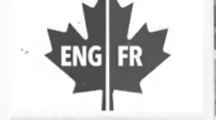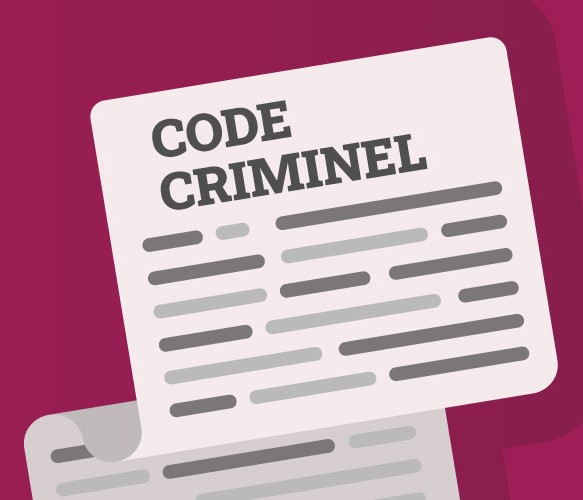Learning objective
Discover the language rights of official language minorities and the laws that protect them.
Introduction
Canada has a population of over 41 millions (2024), of whom 22% have French as their first official language spoken. Nearly one million French-speaking individuals live outside Quebec, in the three territories and in other provinces across Canada.
Some facts:
- French and English are Canada’s two official languages.
- Francophone and Anglophone minorities have the right to primary and secondary education in the minority language, where the numbers warrant.
- The modernized Official Languages Act came into effect in June 2023.
- New Brunswick is Canada’s only officially bilingual province.


